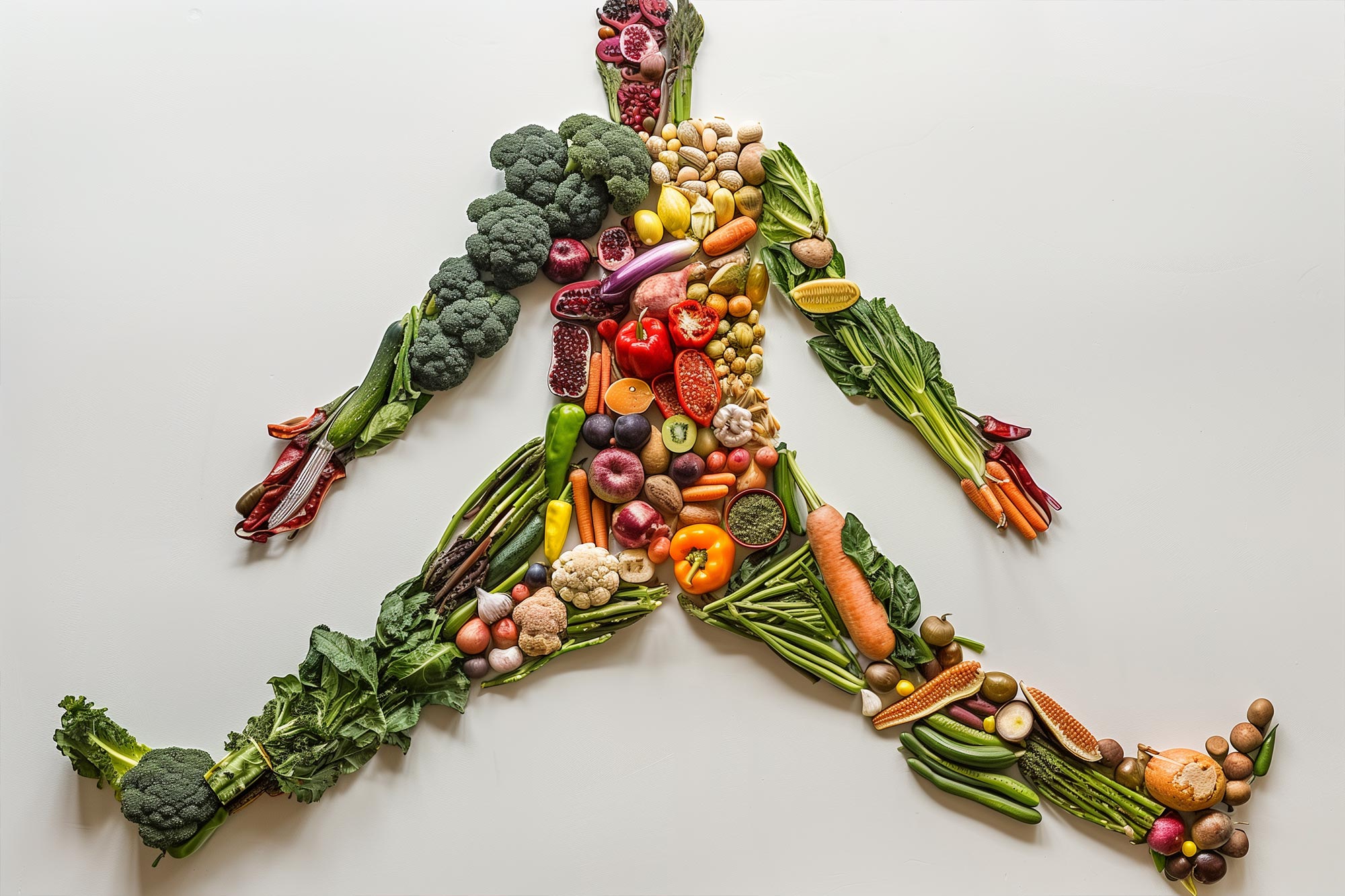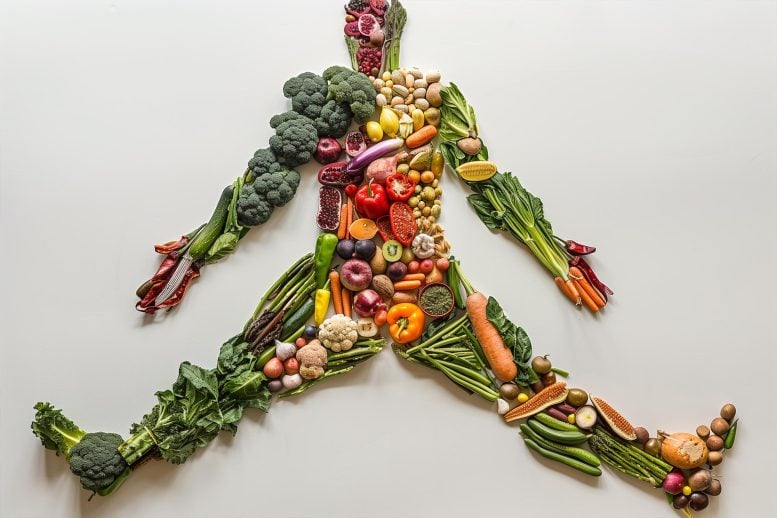

Researchers at Yale have created the first systematic map that shows how our individual gut bacteria interact with dietary molecules.
This foundational study outlines how different gut microbes metabolically process food compounds, affecting our health. The team’s work promises to tailor personalized nutrition based on how specific microbial genes in our gut respond to food, potentially addressing diseases like diabetes and cancer.
Gut Health and Personalized Nutrition
“Gut health” is becoming increasingly popular among food enthusiasts and dietitians for good reason. The trillions of microbes and bacteria that inhabit our intestines play crucial roles in various health outcomes and diseases.
Researchers at the Yale Microbial Sciences Institute have made significant progress toward evidence-based personalized nutrition that caters to individual gut health requirements.
Andrew Goodman’s laboratory has created the first comprehensive map that illustrates how molecules in specific foods interact with our unique gut bacteria.
Their discoveries were recently featured in the journal Cell.
Dietary Responses and Microbial Differences
Building on earlier research examining medical drugs and gut bacteria, the scientists set out to understand why different people respond differently to the same foods.
“We know that diet is a huge component of our health and shapes our microbiome,” explained Elizabeth Culp, a former postdoctoral fellow in the Goodman Lab and first author of the study.
While a large body of work has described the effects of ‘macronutrients’ such as fiber on our gut microbiomes, surprisingly little is known about how other small molecule components in food drive health issues.
“Aside from anecdotal examples in the scientific literature, evidence is scarce regarding which dietary changes people can make to help them manage risk factors for diseases like diabetes or cancer,” said Culp.
“It is possible this is because our microbiomes respond differently to the same molecules present in food.”
Toward Personalized Dietary Recommendations
The scientists designed a systematic map of the interactions between small molecules in our food and different bacteria in the gut.
The work is among the first to describe the specific microbial genes responsible for metabolic transformation of dietary compounds and the mechanisms for how dietary compounds change our microbiomes.
Using liquid chromatography-mass spectrometry at the Yale West Campus Analytical Core, the scientists combined different molecules with gut bacteria to create growth models and maps for around 150 dietary ‘xenobiotic’ compounds. Sequencing at the Yale Center for Genome Analysis enabled the team to measure the degree of change in the composition of human gut communities.
“We were surprised by the level of variability,” said Goodman, who is the C.N.H. Long Professor and Chair of Microbial Pathogenesis, and Director of the Microbial Sciences Institute (MSI).
“The same dietary compound could dramatically reshape some individuals’ gut microbial communities while having almost no impact on other people’s microbiomes,”
The molecular map provides a mechanism to explain these variable responses between different people, showing how a dietary compound impacts the growth of gut microbes and how that compound is metabolically altered by the microbial community.
Predicting how an individual responds to a given food – and ultimately how this affects their health – remains difficult. However, the findings offer a foundation to understand how metabolic reactions vary between people and how these differences shape the growth of ‘good’ or ‘bad’ bacteria in our gut.
“If we can figure out the specific microbial genes that determine how a microbiome responds to a molecule in our food, and how these genes are different between different people’s microbiomes, correlations to diseases like cancer, diabetes, or gastrointestinal infections can start to make sense,” concludes Culp, who is currently a scientist at Empress Therapeutics in Boston.
“This is the first step towards creating custom dietary recommendations as part of personalized nutrition strategies.”
Reference: “Microbial transformation of dietary xenobiotics shapes gut microbiome composition” by Elizabeth J. Culp, Nora T. Nelson, Andrew A. Verdegaal and Andrew L. Goodman, 24 September 2024, Cell.
DOI: 10.1016/j.cell.2024.08.038
MSI lab members Andrew Verdegaal and Nora Nelson were additional authors of the study.